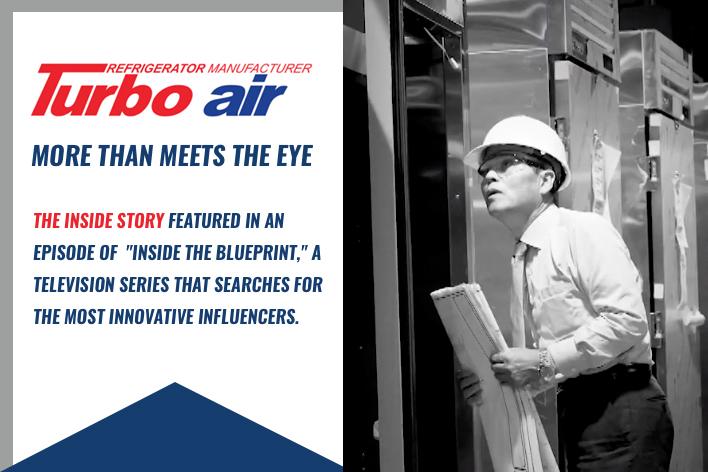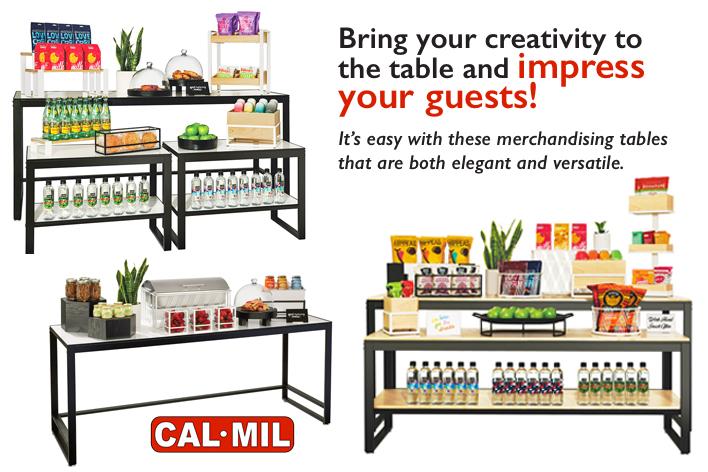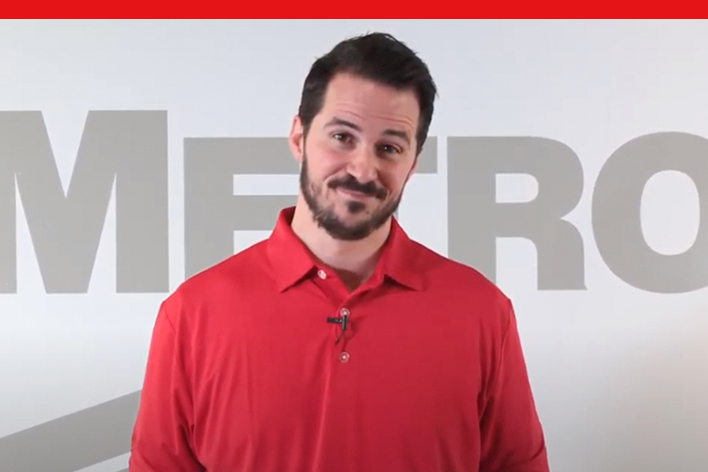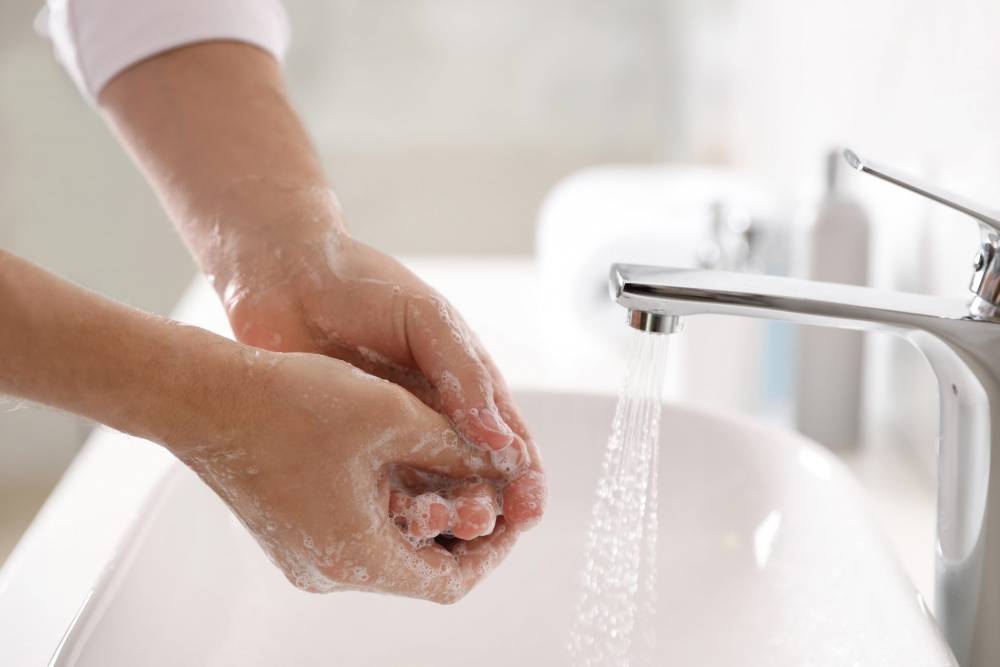
The National Restaurant Association listed “Sustainability” as the No. 1 hottest culinary trend for 2022 in its annual What’s Hot report, based on a survey of between 350 and 1,000 professional chefs each year.
“Sustainability” is a pretty broad term, sure. On the culinary side, it can refer to sourcing food locally and from sustainable farms and fisheries to cut down on all the fossil-fuel-burning and truck driving that goes into large-scale agriculture and animal production. On the operations side, the term generally refers to solutions that cut down on waste, water, and energy use to further reduce a business’s carbon footprint, aka, negative impact on the environment.
Restaurant and foodservice operators are in a unique position to reduce their carbon footprint simply by making the right equipment choices. Of course, Energy-efficient and water-saving appliances are generally the best choices. Choosing refrigeration equipment that uses natural refrigerants, such as Delfield’s 4400 series of prep tables, is another way operators can prevent environmental harm, especially as conversations about climate change intensify.
The push for natural refrigerants began in 2016 when the U.S. Environmental Protection Agency introduced its Significant New Alternatives Policy (SNAP) program. The goal was to phase out the use of chlorofluorocarbon (CFCs) and hydrofluorocarbons (HFCs), which have been found to deplete the ozone layer and contribute to global warming. In 2020, domestic production and import of HCFC-22s ended, and a new rule was established with guidelines on handling leaks for owners of existing HCFC-22 systems. Both HFC and CFC refrigerants will be illegal for commercial and residential use by 2030.
As part of the SNAP program, natural refrigerants, chiefly propane (R290) or propane blends, are encouraged. Propane is a natural, non-toxic refrigerant with a low Global Warming Potential score. According to the U.S. Department of Energy, it can even reduce overall energy costs by up to 28%. R290 refrigerants, approved for commercial use in 2011, use a closed water-loop technology that uses only a small amount of water and glycol without the need for excess refrigerants and even affords the potential for heat recapture from condensing systems.
Though propane was initially feared to be unsafe because of its flammable properties, studies from the DOE have shown a less than .001% chance of explosion risk. The agency also found that a person’s risk of being killed in a propane explosion is about one in 37 million, the same as an airplane crash.
Today, many large grocery retailers use propane-based refrigeration in their stores, and the transition continues in the restaurant industry. It’s important to note that these refrigerant standards and the push for propane don’t just apply to walk-in and reach-in refrigerators; they apply to all forms and sizes of refrigeration in a commercial kitchen. That includes refrigerated prep tables.
Delfield’s 4400 Series of prep tables meet the new standards for refrigerants set by the EPA. In addition, the product’s GreenGenius™ R290 refrigerant-based system is a natural hydrocarbon refrigerant that is also 39% to 55% more energy efficient than its predecessors. It also meets or exceeds energy standards set by the DOE and ENERGY STAR® 3.0.
The 4400 Series also use an environmentally-friendly, non-ODP (Ozone Depletion Potential) insulating material and a 2-inch thick polyurethane foam that’s compliant with the Kyoto Protocol, an international treaty committed to reducing greenhouse gas emissions worldwide to prevent climate change.
Other benefits include self-closing doors and an adaptive defrost system that requires no manual intervention to make the evaporator ice-free. The 4400 Series also features a more compact footprint by eliminating grills and bumpers to fit into smaller spaces and sit flush against walls or other appliances. Overall, the Delfield 4400 Series Prep Tables make a lot of sense for foodservice operations.
To learn more about GreenGenius and Delfield’s 4400 Series Prep Tables, visit delfield.com.




